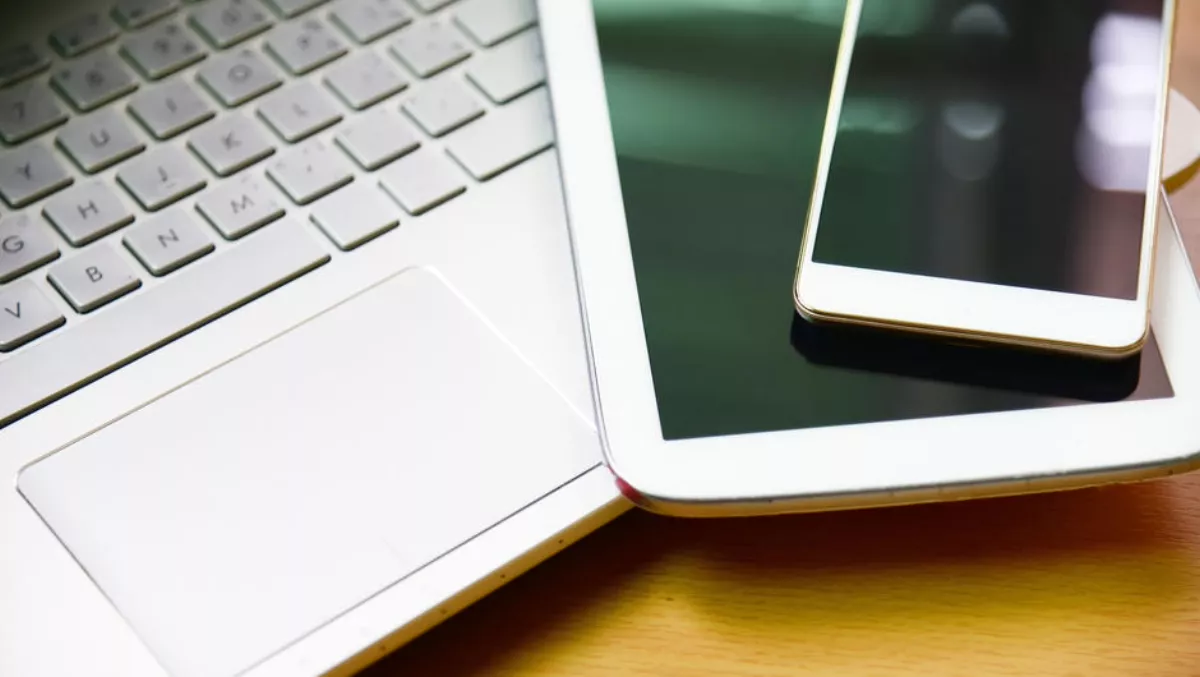
Gartner: worldwide device shipments to return to growth in 2018
Research and advisory firm Gartner has forecast that Devices shipments - including PCs, tablets and mobile phones - will return to growth in 2018 (+1.3%) and will total 2.3 billion units, after a 3% decline in 2017.
The analyst says that while the performance of shipments of devices fluctuate year over year, end-user device spending continues to rise and is forecast to increase 7% in 2018, which will drive growth in the overall market.
Gartner research director Ranjit Atwal says, "Driven by better specifications despite increasing costs ASPs for devices rose by 9.1% in 2017, and this trend will continue through this year, where we expect prices will increase by 5.6%." Despite PC prices increasing 4.6% in 2018, Gartner says PC market unit demand, driven by business buying, is stabilizing through 2018.
The traditional PC market will decline 3.9% in units in 2018 and is expected to decline a further 3.6% during 2019.
 Gartner forecasts that global mobile phone shipments will increase 1.6% in 2018, with total mobile phone sales amounting to almost 1.9 billion units.
Gartner forecasts that global mobile phone shipments will increase 1.6% in 2018, with total mobile phone sales amounting to almost 1.9 billion units.
In 2019, smartphone sales are on pace to continue to grow, at 5% year over year.
One thing that is expected to affect the market is the lifespans of devices, with Gartner estimating that mobile phone lifetimes will increase from 2017 through 2020.
Gartner research director Anshul Gupta says, "Premium phone lifetimes are expected to increase the most in the near-term, as users look to hold onto these devices due to a lack of new technology impact, prohibiting upgrades." However, the analyst says mobile phone lifetimes will start to reduce again beyond 2020.
Gupta also says smartphones will also become increasingly AI-driven, with more AI-based features hitting devices leading up to 2020.
"By 2020, artificial intelligence (AI) capabilities on smartphones will offer a more intelligent digital persona on the device," Gupta adds.
"Machine learning, biometrics and user behaviour will improve the ease of use, self-service and frictionless authentications. This will allow smartphones to be more trusted than other credentials, such as credit cards, passports, IDs or keys." Gartner forecasts that future AI capabilities, including natural-language processing and machine perception (reading all sensors), will allow smartphones to learn, plan and solve problems for users.
"This is not just about making the smartphone smarter, but augmenting users by reducing their cognitive load and enabling a 'Digital Me' that sits on the device," Gupta adds.

